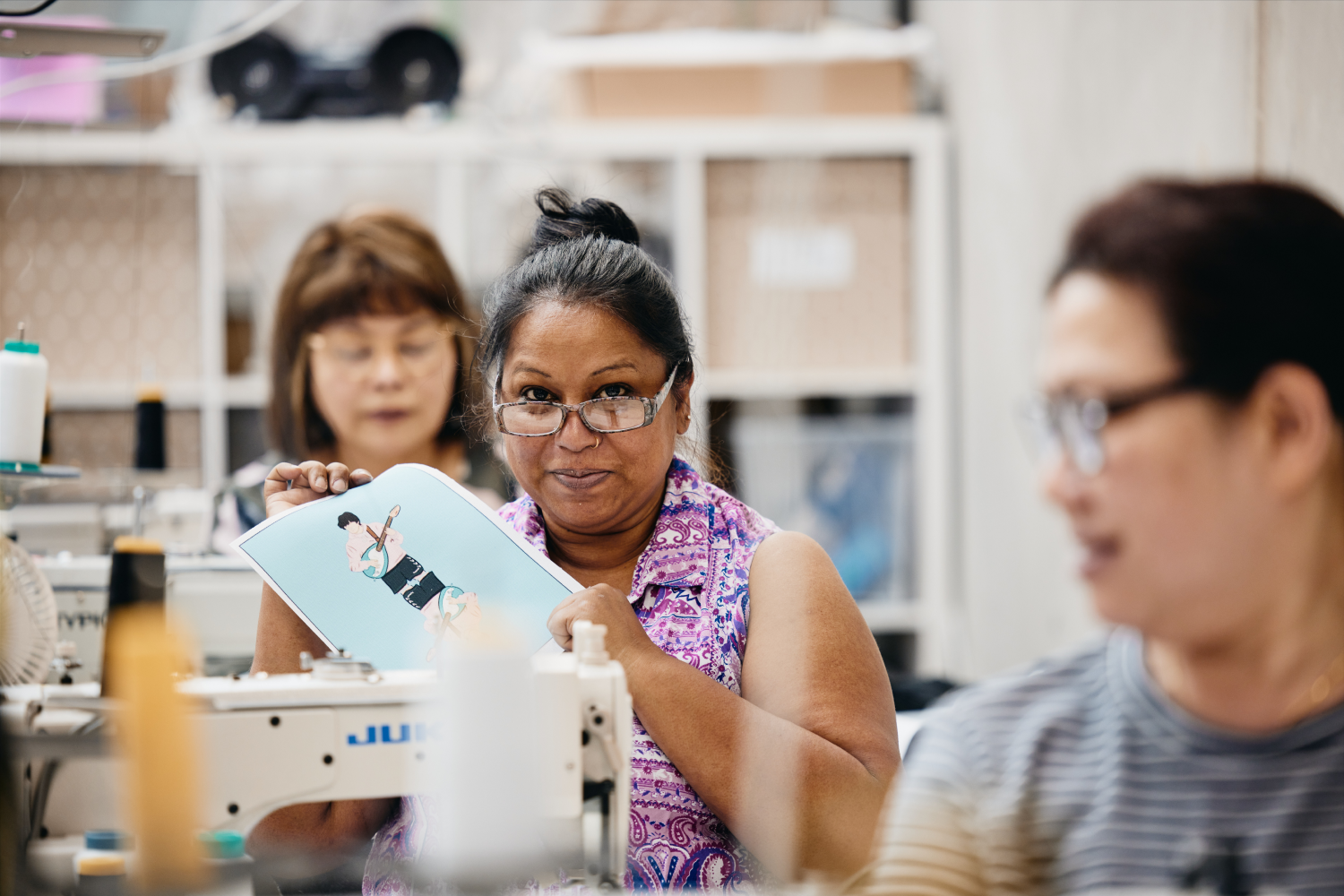The most significant difference between the COVID-19 pandemic and previous pandemics is the multiplier effect of transportation and communication speed in a pandemic spread. When considering the place and contribution of other beings in nature, the process has resulted in a deterioration of the ecological balance.

INTRODUCTION
The pandemic and struggle processes in the field of health are expected to have long-term economic, psychological, political, sociological, and commercial effects on the post-pandemic normalisation process. Countries affected by the pandemic will need to revise their production and consumption policies, devise strategies to reduce foreign dependency, and take special measures to make better use of their natural resources. Food safety and sustainable food production play an important role in the natural flow of life but are rarely considered. Natural resource protection, the evaluation of alternatives. renewable energy resources and the provision of inclusive and qualified health care will be among the top priorities for all countries in the post-pandemic period.
A NEW GLOBAL STUDY REVEALS POST-PANDEMIC CONSUMER BEHAVIOURS, EXPECTATIONS & CONCERNS
As the marketing industry around the world continues to map and navigate the post-pandemic commerce landscape, a new report from OMD and Omnicom Commerce Group (OCG) takes a deep dive into the ‘new retail normal’ emerging in the aftermath of the abrupt and extended break in daily habits forced by the 2020 lockdown. ‘Future of Commerce | The Why Behind the Buy,’ examines consumer behaviour and expectations by market, life stage, channel, and category to reveal nuances of the retail environment that are emerging in the post-pandemic marketplace, and how marketers can act on them to drive brand growth.
The quantitative study included over 4,000 respondents from six global markets (Australia, China, Germany, Spain, the United Kingdom, and the United States) and was conducted via online surveys from May 11 to 27, 2021. Respondents were polled on their attitudes toward pandemic-related changes in their shopping habits, returning to city-centre stores, and technology and data-sharing. They were also polled on their current shopping habits and expectations for both online and in-store purchases.
Key Findings: Despite the continued rise of e-commerce, shopping in physical stores retains a strong appeal as a lifestyle activity that extends beyond the fulfilment of basic needs:
While 39 percent of respondents reported shopping more frequently online during the pandemic – and 24 percent plan to continue buying more online in the future – shoppers still value the experience of shopping in-store, with nearly half of all respondents (49%) preferring the experience of shopping in-store and 47 percent enjoying browsing.
Shoppers are channel-agnostic: there is no such thing as an online vs. offline shopper – and they all want the same thing: Moving forward, nearly half (47 percent) of consumers prefer to buy products both online and in-store. When shopping through any channel, shoppers seek value, convenience, and service, but they prioritise them differently. Both are price-driven, but one of the primary reasons to shop in-store is convenience. There is a great opportunity to redefine city-centre shopping as a lifestyle, with consumers emphasising a desire for a rich combination of socialising, eating and drinking, events, and experiences: More than half of respondents in all markets are optimistic.
As a priority for returning to in-store shopping, one-third of respondents want more health and safety measures, and 26% want more contactless options. Shopping and dining are the most popular activities (49 percent) cited as reasons for returning. However, there is a significant generational divide in net comfort, with millennials (35 percent) and gen X (35 percent) having the least desire compared to gen Z and boomers (42 percent).
There is a clear need to improve communication about the benefits of technology and data, as well as to bridge the trust gap: Despite the fact that 74 percent of respondents believe AI technology can improve the shopping experience, 44 percent do not trust brands’ motivations for using technology. Furthermore, 66% of consumers are unwilling to share any data with third parties.


IMPLICATIONS FOR MARKETERS
“The research reconfirms the priority to put consumer behaviour and expectations firmly at the forefront of commerce strategy and plan above siloed channels to deliver the seamless end-to-end experience shoppers clearly expect,” says Sophie Daranyi, chief executive of Omnicom Commerce Group and one of the co-authors of ‘Future of Commerce | The Why Behind the Buy’.
Report co-author and chief product development officer for OMD EMEA Jean-Paul Edwards added: “The research also underscores the imperative for marketers in terms of educating consumers about the data value exchange. We need to consider how to elevate data communication to be clearer about the tangible benefits and to establish a relationship based on trust and respect.”
The pandemic has forever altered consumer behaviour, and online shopping appears to be here to stay.
According to PwC research, the COVID-19 pandemic is causing a “historic and dramatic shift in consumer behaviour.” According to the consulting and accounting firm’s June 2021 Global Consumer Insights Pulse Survey, there is a significant shift to online shopping. More than half of global consumers polled said they used digital devices more frequently than they did six months ago.
According to McKinsey, consumer intent to shop online is increasing, particularly in the categories of necessities and home entertainment. Due to popular items being out of stock during the pandemic, one-third of US consumers (36 percent) have tried a new product brand. 73 percent of consumers who had tried a new brand said they would seek out new brands in the future.
HEALTHY, HYGIENIC & SUSTAINABLE?
Consumers have focused on staying healthy during long periods of lockdown as a result of the trend toward online shopping. McKinsey observes a desire to reduce touchpoints in order to improve the hygiene of the shopping experience. One company in the United States has capitalised on these trends by offering a service that allows customers to shop online at a variety of farm shops near them. Farmers must grow their food using sustainable methods in order to be eligible for the FarmMatch scheme. COVID-19 has fundamentally changed the way we all act as consumers as the world navigates its way out of the pandemic. According to the research, this shift will be permanent, posing a challenge for retailers and manufacturers in attracting customers.
The Best Is Yet to Come!
The worst has (hopefully!) passed, and nations and economies are tentatively reopening. However, the unexpected pandemic that caused the “Great Lockdown” of billions of people in their homes and the closure of entire industries around the world is not going away without leaving some significant changes in its wake. Companies in all industries, not just those hardest hit, must now consider how business should be conducted differently in the post-coronavirus era.
TRUSTED BY 1000’s OF CUSTOMERS
Behind the scenes we persistently work on your growth; developing your ideas into a realistic production flow, we require no customer-facing credit as our growth is partnered with yours.
OUR TEAM
LOVE TO HELP
GROW YOUR
BUSINESS
QUICK CONTACT
You can contact us on sales@cwondemand.com alternatively you can complete the below form and we will respond as soon as possible.






